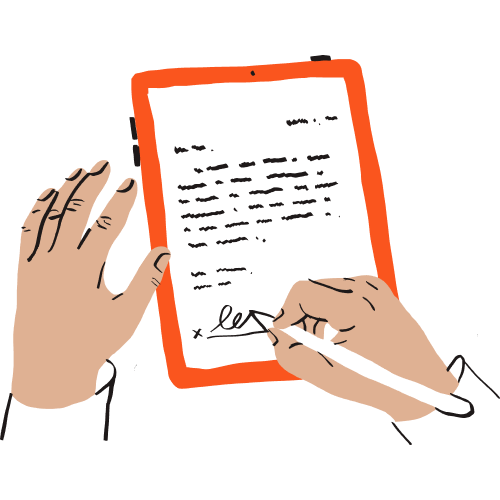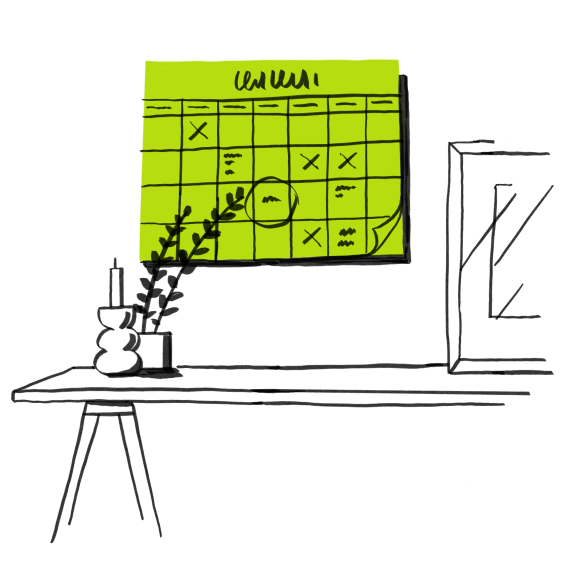
What is an Iowa promissory note used for?
An Iowa promissory note is commonly used for various financial transactions, such as personal loans, business loans, student loans, or any situation where money is borrowed and needs to be repaid over time. This includes loans with a co-signer or loans that might require a prepayment.

Different types of Iowa promissory notes
There are several types of promissory notes in the state of Iowa. These include the following:

Secured promissory note
Includes collateral, serving as security for the lender. In the event of default, the borrower fails to repay the unpaid principal, the lender can claim the collateral to recover the debt.

Unsecured promissory note
Doesn't require collateral. The lender relies solely on the borrower's trust to ensure repayment, including any interest due.

Installment promissory note
Loan is divided into regular payments, including both principal and interest, over a specified period. It provides a structured repayment plan for borrowers and lenders, avoiding any lump sum payments unless agreed upon.
What you need to write an Iowa promissory note
To create an Iowa promissory note, you will need the following:
- Names and contact information of both the borrower and the lender
- Specific loan amount and terms, including the repayment schedule
- Payment details, whether it's through checks, electronic transfers, or other means
- Governing law and jurisdiction in case of disputes

Frequently asked questions
Yes, an Iowa promissory note is suitable for any loan transaction. This includes personal loans between friends or family members. It helps clarify the terms and expectations, avoiding potential misunderstandings.
Both the borrower and the lender must agree to any modifications. They should also put these changes into writing as an addendum or an amendment to the original note.
In the event of a default, the lender has legal options to pursue repayment. These include seeking legal action, reporting the debt to credit agencies, or attempting to claim any agreed-upon collateral.
Yes, Iowa recognizes electronic signatures as a sign of agreement, provided they meet the requirements outlined in the Electronic Signatures in Global and National Commerce (ESIGN) Act.
Disclaimer: This information is intended for general informational purposes only. It is meant to help you understand the legal framework used for this form. This is not intended to be legal advice and should not be a substitute for professional legal advice. Consult a licensed attorney for legal advice or representation.
Looking for other Iowa documents?
Formswift is not a law firm and does not provide legal advice or representation. Formswift's documents are not a substitute for the advice of an attorney. Communications between you and Formswift are governed by the Formswift Privacy Policy but are not protected by the attorney-client privilege or as work product. Formswift does not provide advice, opinions, or recommendations about individual's legal rights, options, strategies, or the selection of forms. Your use of the Formswift website and forms is governed by the Formswift Terms of Service.
